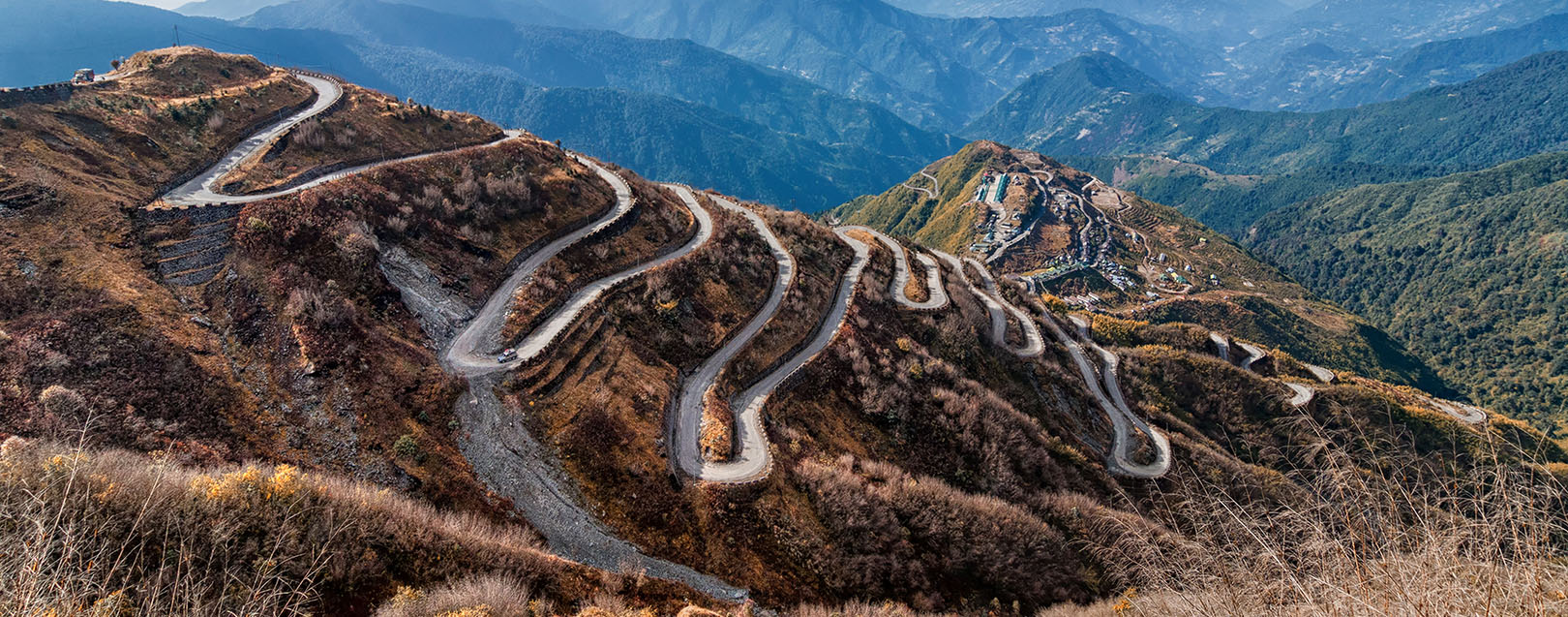
India must focus on Silk route connectivity: UNESCAP
The Dollar Business Bureau
Asking India to explore the full potential of the South Asian region, a senior executive of the UNESCAP said since India aspires to play a key role in the economic transformation of the region and establish itself as a central point for Asia-Europe trade; it must focus on enhancing connectivity along the Silk Route.
"South Asia can again be a hub of economic activities through improved connectivity, as it was in the ancient times," said Nagesh Kumar, director (South and South-West Asia Office), United Nations Economic and Social Commission for Asia and the Pacific (UNESCAP).
"Reviving the Asian trade route would put South Asia at the centre of Europe and East Asia," he said, calling on India to explore the full potential of the region.
The eastern side of the Silk Road is on a rapid development with India-Myanmar-Thailand Trilateral Highway along with the Bangladesh-Bhutan-India-Nepal Motor Vehicles Agreement. India should work on the Western side of the Silk Road, he said.
"There is a very interesting proposal of the International North South Transport Corridor (INSTC) linking South Asia and Central Asia through port of Bandar Abas or Chabahar port in Iran. UN-ESCAP has also proposed extension of the Istanbul-Tehran-Islamabad Container Train Corridor to Delhi-Kolkata-Dhaka and Yangon, using existing operational interconnections along the Trans-Asian Railway Routes," Kumar told PTI, after addressing the Responsible Business Forum on Sustainable Development in Singapore.
"These two corridors had the potential to make South Asia a hub of trade of Europe and Central Asia with East Asia, benefiting particularly the landlocked countries in South Asia such as Afghanistan and those in Central Asia, emerge as bridges linked up through multimodal routes," he said.
Prime Minister Narendra Modi-led government has emphasised the need to enhance connectivity with the neighbouring countries, and it has underscored that India’s technologies and developmental experience can come handy for the development of the region.
“India's development experience and technologies can be valuable for other developing countries. These offices are striving to the sharing of experiences and knowledge between India and other developing countries in South Asia and beyond,” Kumar said.

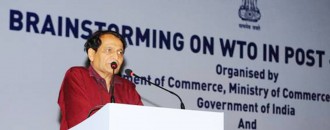
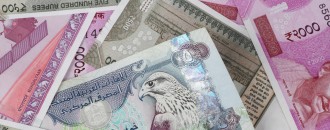
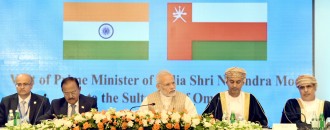
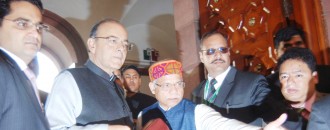

 to success.
to success.